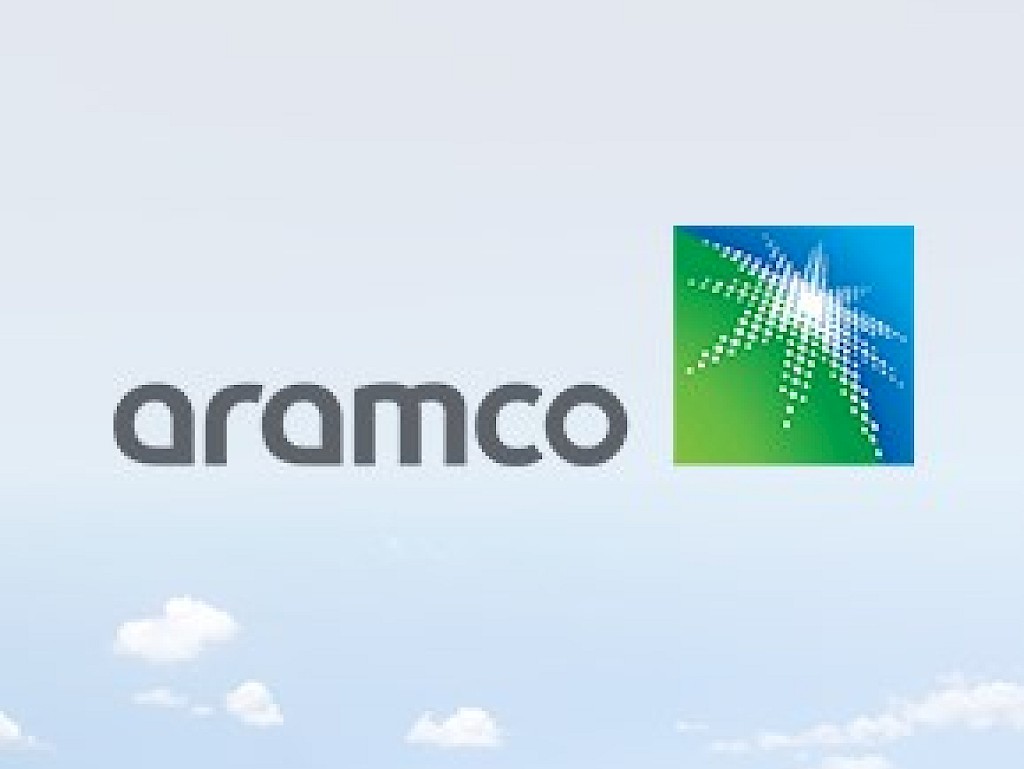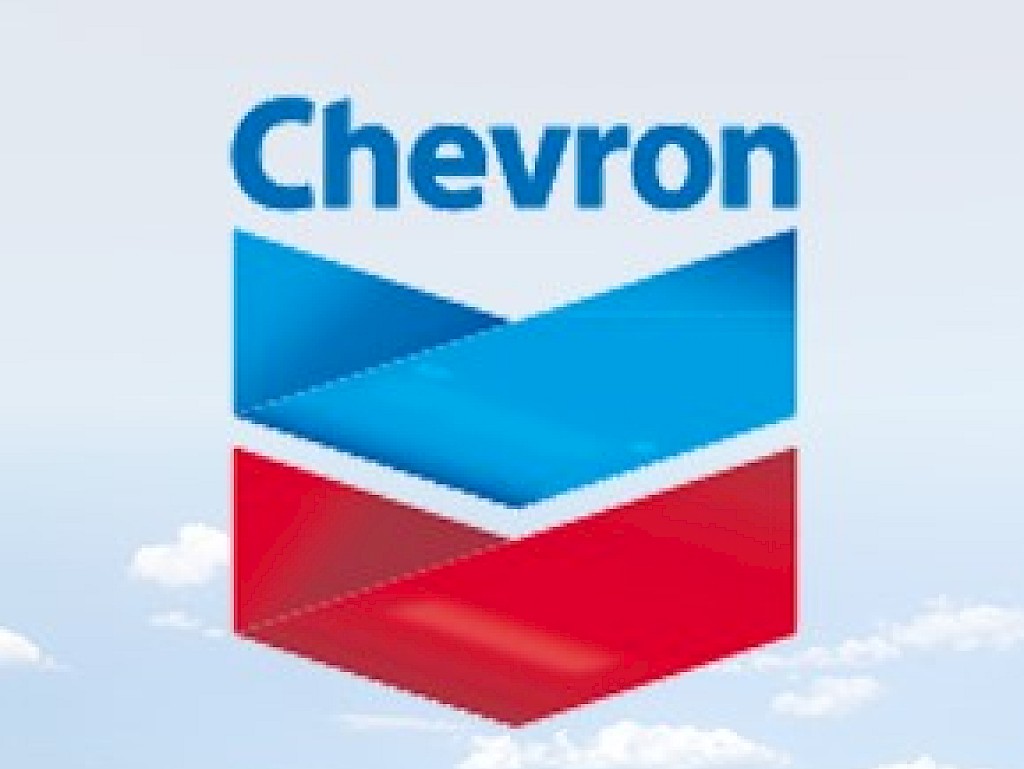In December 2019,Repsol committed to becoming a net-zero emissions company by 2050. The international multi-energy company was the first in the oil and gas industry to make this ambitious pledge, raising more than a few eyebrows around the globe.
This did not, however, come out of the blue. Repsol was also the first company in the sector to endorse the Kyoto Protocol. The decision to take decisive steps to continue leading the energy transition - in line with the objectives of the Paris Agreement and the United Nations Sustainable Development Goals - came after thorough analyses of the role of the company in the fight against climate change and energy trends for the coming decades.
'We are convinced that we must set more ambitious objectives to fight climate change. We do it with the utmost confidence that we invest for the future. Addressing with strategic clarity the significant challenges that lie ahead is what will allow us to turn them into opportunities. We are convinced that this strengthens our project that is sustainable, attractive and profitable for all our stakeholders' said Repsol CEO Josu Jon Imaz at the time.
As an integrated energy company, Repsol is well positioned to lead the way. Not only by significantly expanding its portfolio of new energy sources, but also developing and transforming its present core businesses to support the sustainability goals. In both cases benefitting from the great experience, expertise, and talent that already exist in the company.
Pathways to net-zero
Renewables will be an essential part of the new strategic route the company is embarking on. They are, however, not the only piece in the puzzle. For Repsol, it is a company-wide commitment that goes a lot further. It includes developing biofuels, synthetic fuels, green and blue hydrogen, CCUS and other negative emissions technologies, as well as circular economy initiatives in its refining and petrochemical businesses and the digital transformation of the company to continually improve the efficiency of its operations. (Click here to see Ipieca's work on low emissions pathways).
CEO Josu Jon Imaz has, thus, stressed the importance of taking into account all possible technological solutions for achieving success in the fight against climate change. All forms of decarbonization are valid and complementary, and incentivizing them so that all of them can contribute, without exception, will accelerate the progress of the energy transition.
Low-carbon energy
When presenting its net-zero plan, Repsol increased its target for low-carbon electricity generation capacity by 3,000 MW, to 7,500 MW in 2025. The company already manages low-emissions assets with a total installed capacity of 2,952 MW. In addition, it has seven renewable assets in the Iberian Peninsula, wind and solar projects in different phases of development, totaling another 2,300 MW. And it recently entered a strategic alliance in Chile, adding another 1,600 MW to the portfolio by 2025.
O&G and renewable energy synergies
To develop this new business, Repsol relies on a growing team with extensive experience in renewable energies. This team grew out of a business unit that was created in 2010 to look for opportunities in bioenergy, renewables, and venture capital (investing in green start-ups and electric mobility). Among other things, the unit was responsible for the company's first approach to offshore wind power in Scotland, a project to test the synergies between well-known oil and gas offshore activities and new renewables offshore projects. More recently, these synergies have benefitted the company in the world's first semi-submersible floating windfarm project, WindFloat Atlantic off the coast of Portugal.
While there are project development synergies across oil and gas and renewable energy, developers across all energy sectors also face many similar environmental and social challenges.
Repsol was one of the Ipieca task force members which produced our Environmental and social good practice for the energy transition: A compendium of Ipieca good practices which details those Ipieca good practice guidance which can be of use to wind, solar and hydro developers.
Transferable oil and gas skills
More than 90% of the original unit was composed of existing employees working in different oil and gas business units in diverse fields such as business development, strategy, planning and control, engineering, procurement, financial, legal, etc. Today, still almost 40% of the employees in its much bigger renewables division have come from other areas of the company. This demonstrates that the flexibility and transversal capabilities developed in oil and gas activities can also successfully be applied to the alternative energies sector.
New fuels
The synergies between the traditional businesses and low-carbon energies are even more evident in other parts of the company. Due to the important role biofuels play in reducing emissions, Repsol began working strategically on different low-carbon solutions applied to transportation several years ago. The company has announced that it will double its production of high-quality biofuels from vegetable oils to 600,000 tonnes by 2030, half of which will be produced from waste before 2025. At the same time, it is pioneering the development of one of the biggest electric car charging networks in Spain.
The most recent result of this focus was the successful completion of the first batch of aviation biofuels for the Spanish market. It is a milestone that enables the company to advance in the production of low-carbon fuels for industries where alternatives like electrification are not viable today. The first batch will prevent 400 tonnes of CO2 from being released into the atmosphere, equaling the fuel used on 40 flights between Madrid and Barcelona.
For more insights into how the transport sector can lower its emissions, check out Ipieca's Exploring low-emissions pathways for transport briefing.
Decarbonisation industrial project
The company recently announced the launch of two major pioneering decarbonisation industrial projects at its Petronor refinery in Bilbao. The first project involves the construction of one of the largest plants in the world for producing net-zero emissions synthetic fuels, using only CO2 and green hydrogen generated with renewable energy as raw materials. These fuels can be used in the existing combustion engines already installed in automobiles, as well as in airplanes, trucks, and other machinery. The second project is a plant for generating gas from urban waste to replace part of the traditional fuels currently used in Petronor's production processes.
Lowering carbon intensity
The company's chemicals business will contribute decisively to a lower carbon intensity scenario. The advantages and applications of petrochemical products, present in most activities in our daily lives, include a reduction in the weight of materials that contributes to lower energy consumption in mobility, insulation for homes and buildings contributing to greater energy efficiency, and an improvement in food conservation conditions and advanced products for medical and sanitary use. Repsol has an ambition of achieving a 20% recycled content in its total polyolefin output by 2030.
Overall, to decrease the carbon footprint of the industrial businesses, the company will work to improve efficiency and integrate renewable energy into its operations. With a primary focus on refining, Repsol will keep making substantial efforts to reduce the direct emissions, on top of the 23% cut in CO2 emissions already achieved between 2010 and 2017.
The company's service stations will likewise continue to expand the offering of electric charging points, liquid petroleum gas, compressed natural gas, and liquefied natural gas. And the company will continue to complement its electricity offering with high-value services, such as domestic renewable power, aligned with the decarbonization pathway.
Upstream
Oil and gas will keep making up a significant part of the energy mix for the decades to come. In its upstream business, Repsol will orient its asset portfolio towards compliance with the Paris Agreement to achieve the planned goals. This will entail prioritising value generation over production growth. This vision also translates to a strategic balancing of gas and oil reserves, with a vision of gas as the fuel for the energy transition.
For the assessment of future exploration or production decisions, the company is assuming an oil and gas price curve compatible with the Paris Agreement and the scenario of limiting the temperature increase to well below 2 degrees Celsius. In support of this, Repsol has updated the internal CO2 price deck that will guide all its investments, which will favor further investments in renewable energy, efficiency, and the circular economy.
More details on how Repsol plans to reach its ambitious goal by 2050 will be announced at the presentation of the company's new strategic plan at the end of November this year.



